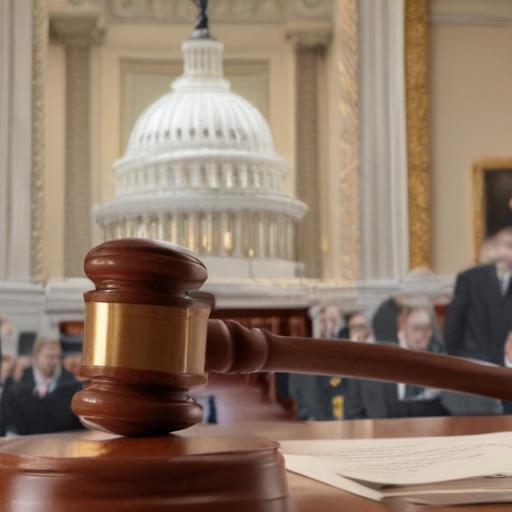House Speaker Mike Johnson faced tough questioning on CBS News’ Face the Nation regarding the controversial “One Big Beautiful Bill” that he helped push through Congress. Host Margaret Brennan challenged Johnson about the potential ramifications for Louisiana, where almost 200,000 residents could lose Medicaid coverage if the bill passes as it stands.
The legislation aims to eliminate taxes on tips, extend corporate and individual tax cuts from 2017, allocate over $50 billion for border security, and notably, cut $1 trillion from Medicaid and food assistance programs, including SNAP. Johnson insisted that the bill doesn’t intend to slash Medicaid but seeks to prevent fraud and abuse, particularly alleging that 1.4 million undocumented immigrants are benefiting from the program, which is intended for vulnerable citizens.
Despite Johnson’s assertions, Brennan corrected him, noting that undocumented immigrants are generally ineligible for these benefits. Johnson maintained, however, that there is a significant issue with those who, he claims, are able-bodied yet not working, stating that around 4.8 million Medicaid recipients fit that description. He argued that such individuals are defrauding the system and emphasized the ‘moral component’ of requiring work from able-bodied recipients for their dignity and self-worth.
Brennan pressed further on the implications of the bill, highlighting research by the non-profit KFF indicating that many Louisiana residents could face loss of Medicaid under the new provisions. She pointed out that Johnson’s stance could be perceived as derogatory toward those not working, to which he responded that the reforms are common sense and would ultimately strengthen support systems for those who genuinely need them.
Although the bill’s passage in the House was narrow, with a 215-214 vote, Johnson aims to maintain its integrity as it heads to the Senate, encouraging collaboration among Republicans. He emphasized the historical significance of the legislation, asserting that it would align with the promises of an America-first agenda.
In a political landscape marked by division, Johnson’s push for the bill has met with both support and fierce opposition, including criticism from fellow Republicans like Senator Josh Hawley, who warned against the consequences of reducing health insurance for the working poor. Johnson’s commitment to avoiding substantial modifications as the bill moves through the Senate reflects the contentious nature of the current political climate.
Overall, this situation underscores the critical balance lawmakers must strike between fiscal responsibility and the welfare of vulnerable populations, as debates continue over the future of Medicaid and SNAP.
